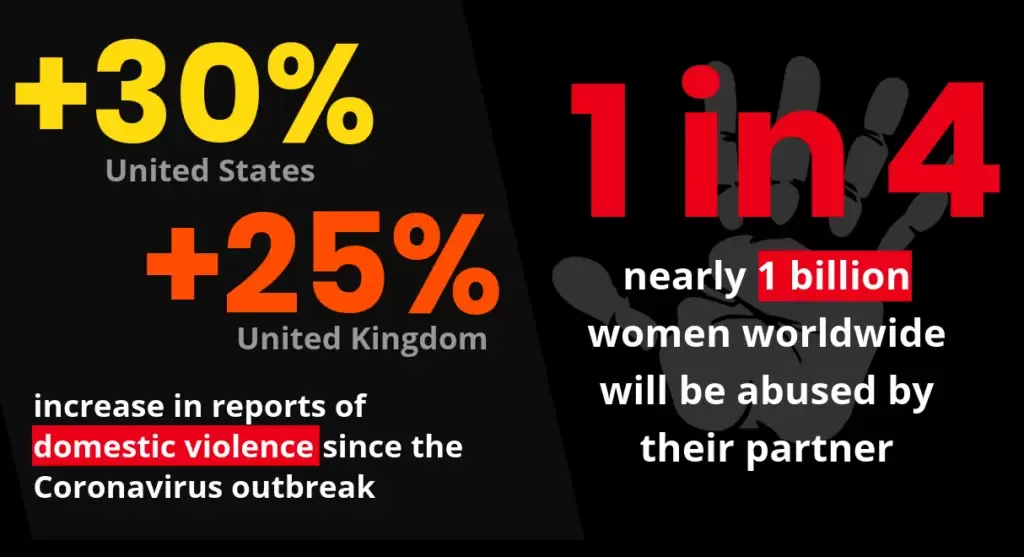|
This week we were made aware of a resource that lists hotlines for Domestic Violence survivors around the globe. The list is organized by country so you can search your area and get yourself - or someone you know - the necessary assistance in a way that is safe and discreet. **TRIGGER WARNING: Please note this website does mention specific types of Domestic Violence along with statistics. If this information will be triggering for you, we encourage you to skip over the first few paragraphs of the article and go straight to the list. If you know someone who is experiencing Domestic Violence, here are some things you can do:
(Excerpt taken from the International Domestic Violence Resource Guide: Coronavirus Update posted on MysticMag by Michelle Cardillo, January 2021)
0 Comments
|
Welcome!Thanks for checking out the Paper Crane blog, where we'll post photos and updates as we finish the film, as well as things we find important about rape/sexual violence in the media, women in film, and resources for survivors. We started this blog in February 2016, so if you'd like to see what we've been up to and what we've been posting even further back, visit us on Facebook! Archives
December 2022
Categories |

 RSS Feed
RSS Feed